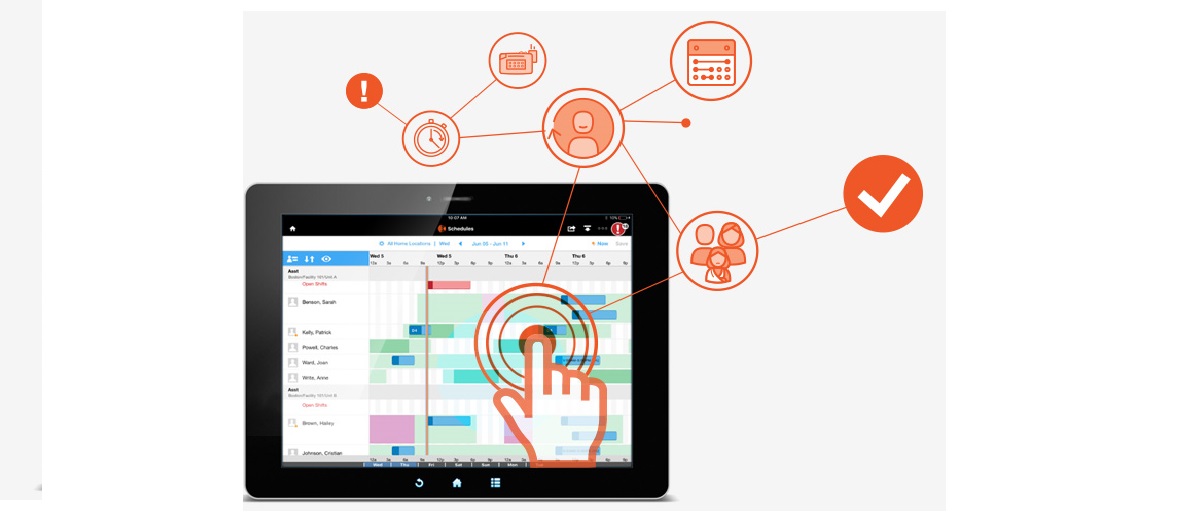Schedule On-Call Employees
Weather or other events that are out of the usual might cause your business to be busier or slower than planned.
Not to mention the headaches that come with unforeseen circumstances such as ill family, flat tires, or an employee that quits.
Schedule with on-call staff in mind to account for this. This way, if you need to bring in an additional chef or server during your busiest shift, they won’t be surprised when they hear from you.
It could be an excellent idea to under-schedule the shifts you expect to be the slowest and have one staff on-call just to be safe. You won’t have staff slacking off due to a lack of work this way. On-call personnel can salvage your shift when someone cancels at the last minute.
Create Schedules Early
It is not just smart practice for your workers’ life to send out the schedule two weeks in advance; it is also the legislation in several places.
There are two advantages to ensuring the timetable is completed ahead of time:
First, you’ll allow staff plenty of time to arrange their life, which may boost team morale significantly. It will enable people to schedule time off with family, friends, or even trip.
Vacations are most helpful when they are well-planned, and while you can’t arrange someone’s day off for them, you can give them ample notice to do it on their own.
Second, you’ll have more time to adapt the timetable and make modifications. No one wants a last-minute shift change that needs to be filled. You can reduce the possibility of needing to make game-time judgments by planning ahead of time.
Respect Requests for Time off and Work Preferences
Respecting requests for time off and work choices builds goodwill. It also improves employee satisfaction and aids in the retention of good employees.
It’s also crucial to establish standards for requesting time off and specifying work preferences. These guidelines should determine how requests should be filed, when workers can take time off and when they cannot, and how far in advance the request must be made.
Establishing standards that govern time-off requests, such as these, makes the entire process open and apparent to all parties involved. As a result, everything runs well, and employees, management, and ownership problems are avoided.
